India ranks among the largest generators of electronic waste, commonly known as e-waste. Every old phone, computer, or gadget thrown away increases the growing pile of e-waste. When these gadgets are dumped or burned, they release harmful gases and toxic metals that pollute the air, soil, and water. E-waste recycling in India plays a big role in reducing this damage.
By properly collecting and recycling electronic waste, valuable metals can be recovered, pollution can be reduced, and the country's carbon footprint can shrink. A clean and green e-waste system also connects to carbon credits, which reward countries and industries for cutting carbon emissions.
Table of Contents
- What is E-Waste and Why Does it Matter for Carbon Reduction?
- How E-Waste Recycling in India Helps Cut the Carbon Footprint?
- The Green Connect between Carbon Credits and E-Waste Recycling
- India's E-Waste Management Policy and Sustainable Future
- Benefits of E-Waste Recycling for India's Environment and Economy
- Conclusion
--------------Blog Contact Form-------------
What is E-Waste and Why Does it Matter for Carbon Reduction?
E-waste includes discarded electronic items like TVs, phones, computers, fridges, and batteries. These gadgets have useful metals such as gold, silver, and copper that can be reused. When e-waste is thrown away or burned instead of recycled, it gives out harmful gases like carbon dioxide and methane that make the air dirty and heat the Earth. These gases entrap the heat in the atmosphere and cause global warming. E-waste recycling in India helps reduce these emissions. Recycling uses less energy than mining new metals.
How E-Waste Recycling in India Helps Cut the Carbon Footprint?
India's e-waste recycling system can greatly reduce the nation's carbon footprint through several actions:
- Energy Savings: Recycling old devices uses far less energy than producing metals from raw ores. Less energy means fewer fossil fuels burned and less carbon released.
- Reduced Landfill Waste: Proper recycling prevents dumping of electronic items in landfills, stopping toxic leaks and greenhouse gas emissions.
- Lower Air Pollution: Controlled recycling avoids open burning of wires and plastics that release harmful gases like CO₂ and dioxins.
- Resource Recovery: Reusing precious metals from e-waste reduces the need for new mining, which is energy-intensive and carbon-heavy.
Each step of e-waste recycling supports India's climate goals by cutting down emissions and encouraging green manufacturing.
Also Read: Top 10 EPR E-Waste Consulting Companies or Consultants in India
The Green Connect between Carbon Credits and E-Waste Recycling
The link between e-waste recycling and carbon credits is very important for a cleaner planet. Carbon credits are rewards given to companies or countries that cut down harmful gases in the air. In India, recycling e-waste helps earn these credits in several ways:
- Recycling Activities: Every ton of e-waste recycled instead of dumped saves large amounts of CO2, which can be converted into carbon credits.
- Circular Economy Promotion: Recycling keeps materials in use for longer, supporting a "reuse and reduce" cycle that limits new production emissions.
- Corporate Sustainability: Companies that give their e-waste to trusted recyclers can earn carbon credit rewards and show care for the environment.
This connection between e-waste and carbon credits motivates businesses to recycle safely and use green technologies that help protect the planet.
India's E-Waste Management Policy and Sustainable Future
The E-Waste (Management) Rules, 2022, in India make producers responsible for collecting and recycling electronic waste. This is called Extended Producer Responsibility (EPR). Under EPR, manufacturers and importers must ensure that old electronic items are properly collected and recycled. Trusted recyclers use safe machines and methods that cut down pollution and take out useful metals without hurting nature.
The government also teaches people about separating e-waste and using clean ways to dispose of it. These efforts help India move closer to its goal of Net Zero emissions by 2070, just like other countries trying to protect the Earth. By following these rules well, India can become a great example of safe e-waste recycling and carbon control.
Benefits of E-Waste Recycling for India's Environment and Economy
Recycling old electronic waste helps both nature and the economy in many ways:
- Cleaner Air and Water: Safe recycling stops harmful gases and chemicals from spreading, keeping air and water clean.
- Energy Saving: Using old materials again needs less energy than making new ones, helping factories save power.
- More Jobs: The e-waste recycling field can create many green jobs for people in collecting, sorting, and recycling work.
- Carbon Credit Rewards: When recycling is done properly, companies and recyclers can earn carbon credits and sell them in carbon markets to make money.
Conclusion
E-waste recycling in India not just helps in handling old electronic products, but also helps in keeping the Earth safe and clean. Each device that gets recycled saves energy, cuts down pollution, and brings the country closer to a future with less carbon and a healthier planet.
By linking e-waste management with carbon credits and sustainable practices, India can take a leading role in the global green economy. Recycling is the key to turning electronic waste into a valuable resource that cuts carbon footprints and creates a cleaner, safer, and more sustainable India.
This portion of the site is for informational purposes only. The content is not legal advice. The statements and opinions are the expression of author, not corpseed, and have not been evaluated by corpseed for accuracy, completeness, or changes in the law.
BOOK A FREE CONSULTATION
Get help from an experienced legal adviser. Schedule your consultation at a time that works for you and it's absolutely FREE.
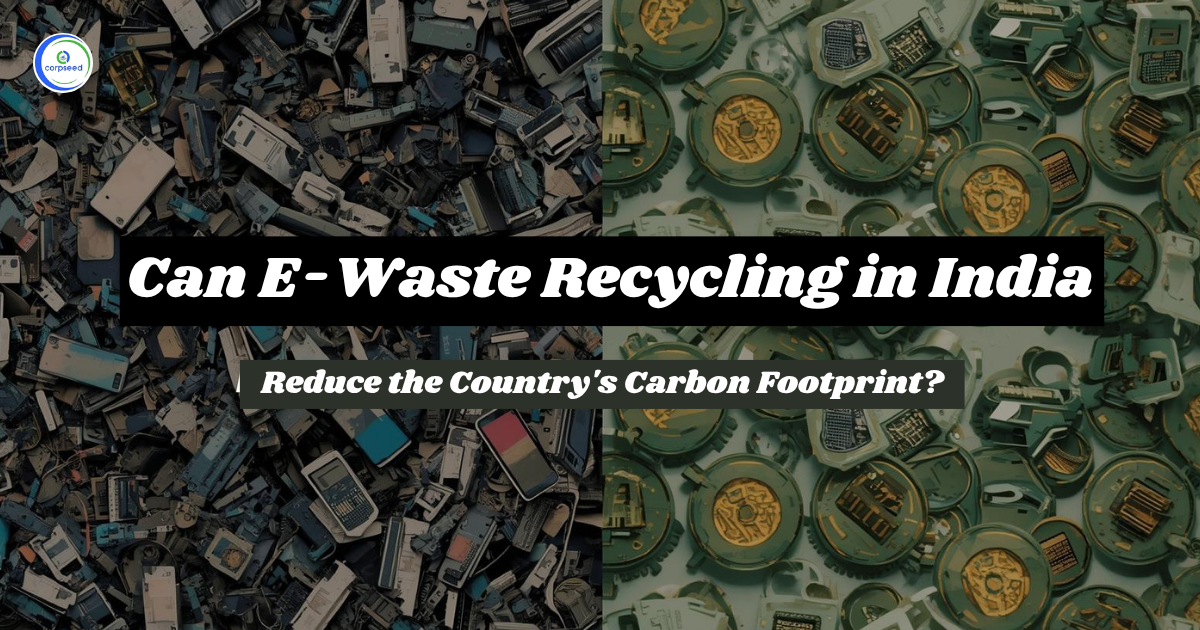

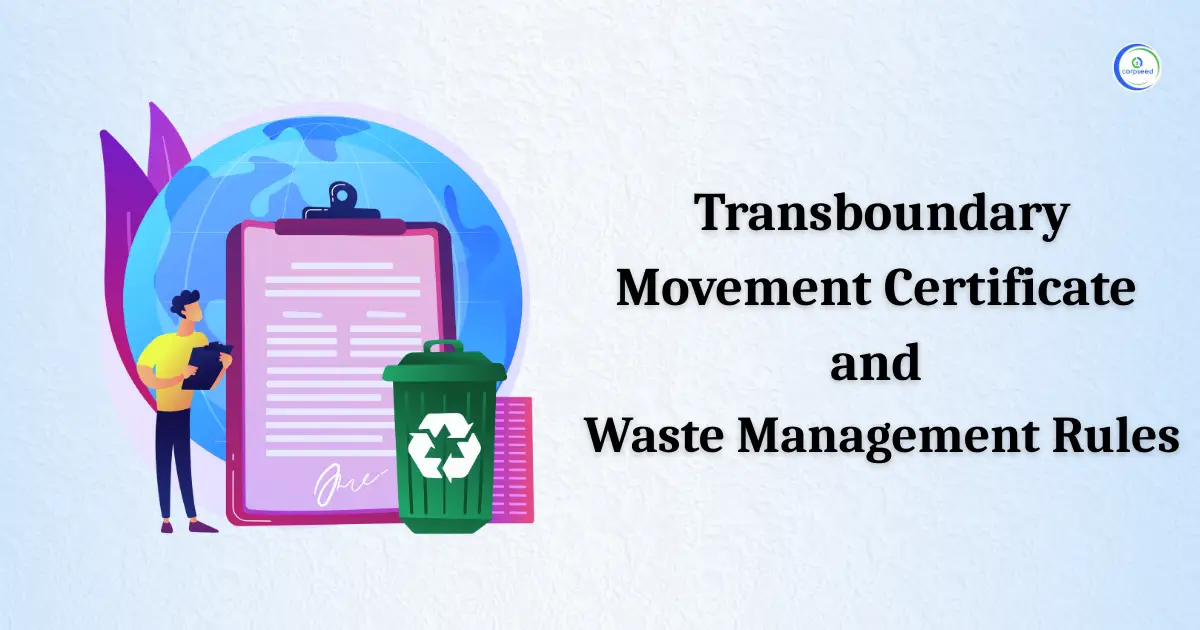
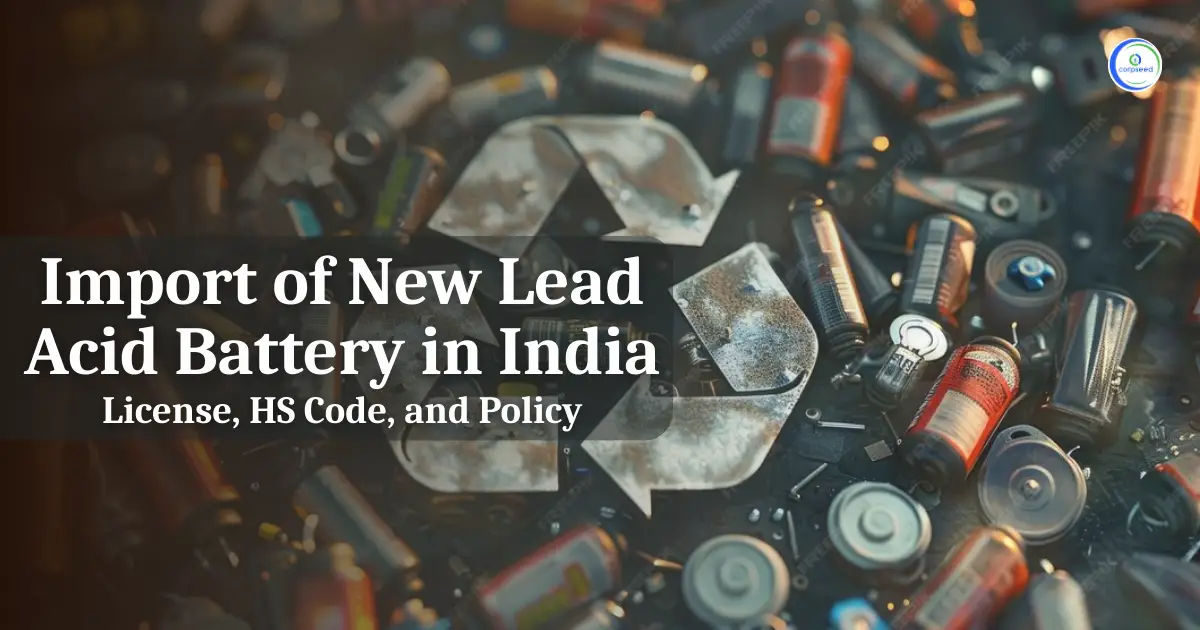

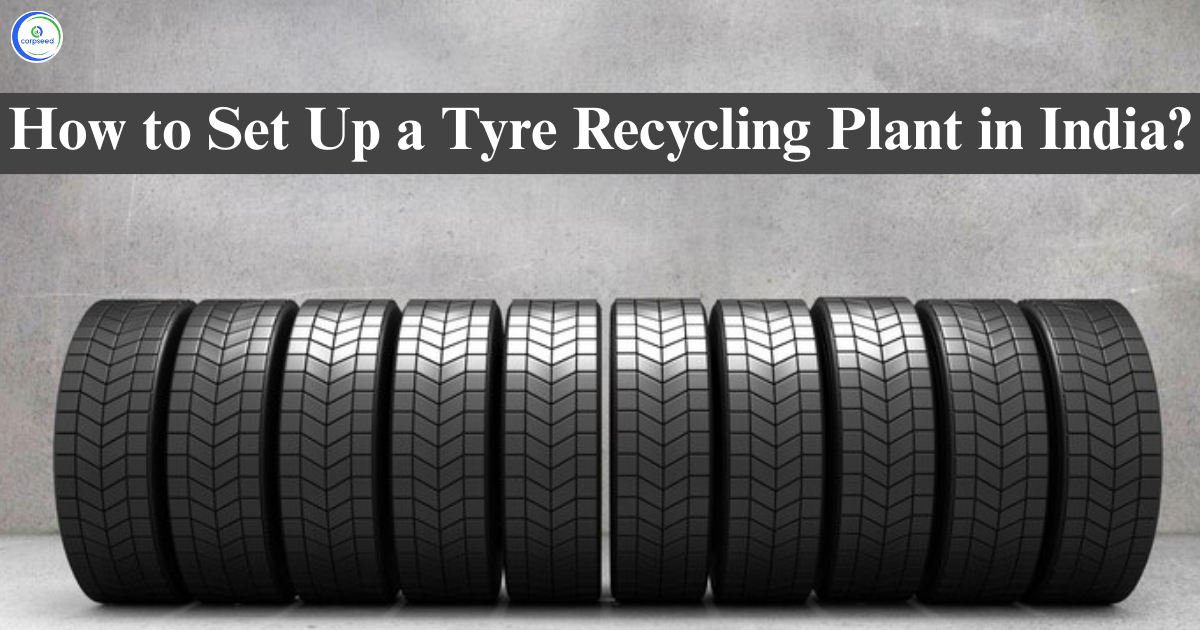
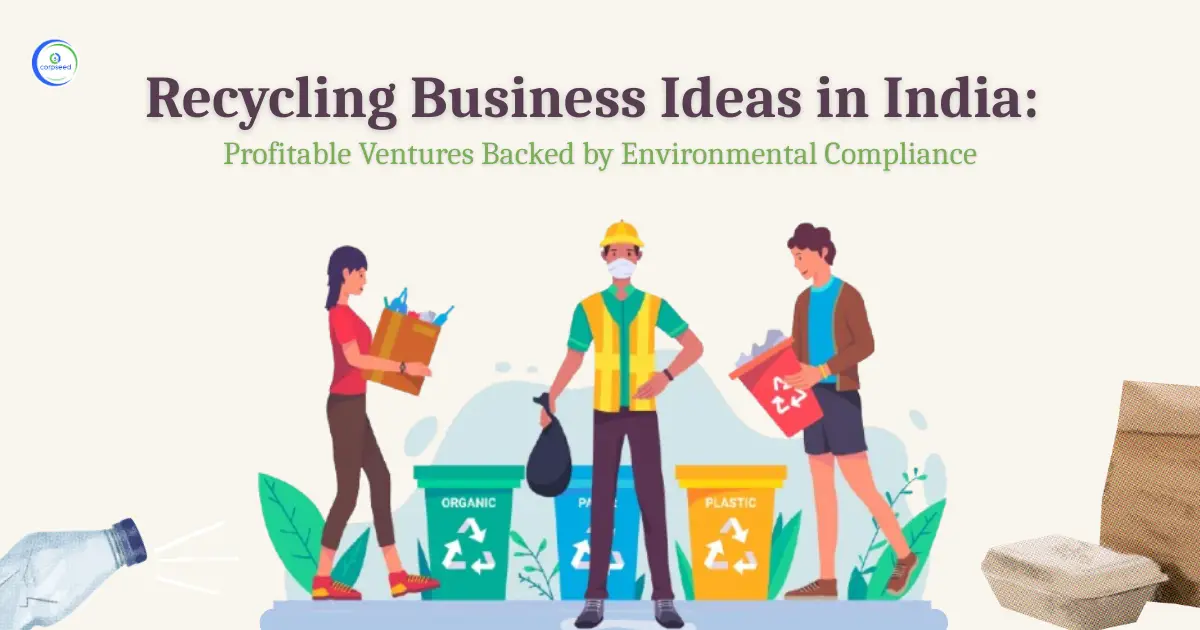
.webp)

